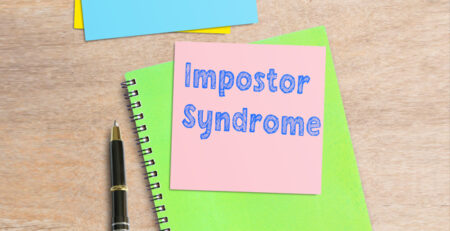ADHD: How Do You Find Out If Your Child Has ADHD?
ADHD stands for Attention deficit hyperactivity disorder. It is a common childhood disorder and a medical condition wherein the child faces trouble listening and following instructions, paying attention, and controlling impulsive behaviors.
What causes ADHD?
ADHD may be found in children coming from a family having a history of this disorder and can also be genetic. The condition also has environment as one of the factors.
Some studies have also said that there might be links between sugar, food additives, and ADHD. Other studies conducted have analyzed the link between substance use in pregnancy and ADHD. This research had shown that smoking and alcohol use in pregnancy may increase the risk of ADHD in their offspring. Lead exposure in younger children is likely to affect how ADHD develops. Some theorists argue that societal stress and academic demands may trigger hyper and distracted behavior in children that can eventually turn out into ADHD
Signs and Symptoms of ADHD:
It is quite normal that children have trouble focusing and behaving well at one time or the other. However, children with ADHD continue to struggle at home, school, and social situations as they have shorter attention spans, are impatient with time-consuming tasks, make careless mistakes, are unable to follow instructions, and often encounter problems with organizing tasks. ADHD is an early childhood neurodevelopmental disorder that may continue till adulthood or lifelong and affect an individual in innumerable ways. It is often difficult for most parents and teachers to identify ADHD as its presenting signs are just exaggerated presentations of the natural behavioral patterns of a growing child. Mental Health Experts opine that it is important to realize that these kids don’t do this on purpose, but it happens due to neurological predisposition that interludes with their ability to concentrate be calm, and organize.
As it is a childhood disorder, symptoms are shown before adolescence.
Other symptoms that include are:
- Difficult to sit longer time
- Hyperactive behavior
- Difficulty in picking up study skills or work habits
- Finding time management difficult
- Tend to Procrastinate
- Become easily bored and requires constant stimulation
- Absent-mindedness
- Disorganized
Even with at-par IQ, these children find it difficult with their homework, assignments, or other tasks making careless mistakes showing their lack of interest in the tasks at hand. They often exhibit restlessness and frustration making them extremely fidgety.
Understanding ADHD
According to the Diagnostic and statistical manual, there are three subtypes of ADHD:
1.Predominantly hyperactive/impulsive presentation:
Children with this subtype show hyperactivity- impulsive behavior coupled with inattention.
2.Predominantly inattentive presentation:
Children falling under this sub-type may seem to be sitting quietly but do not pay attention or appear to be working in the class. This is because they are unable to focus and find it difficult to get along with others.
3.Combined presentation:
This subtype is the most common. Most children exhibit a combination of symptoms and would be diagnosed with ADHD-combined presentation.
ADHD is a brain-based disorder. Parents must understand that ADHD is a neurodevelopmental dysfunction which means brain disorder and that kids can’t overcome symptoms of ADHD by trying to concentrate harder or by being willing to pay attention themselves. Brain imaging studies have shown that children with ADHD have structurally different brains than normal children. ADHD is hereditary. Children whose parents have had ADHD have a 40% to 60% chance of also having ADHD. Sometimes a child’s diagnosis with ADHD can be the first clue that a parent may also have ADHD.
If you feel that your child is suffering from ADHD, you don’t have to panic. Seeking help from a professional psychotherapist can help you work out your child’s mental health issue. Your therapist may conduct an assessment to help diagnose ADHD. As Parents, you need to have a positive approach to deal with the problem as your response could greatly help improve your child’s mental health. As a parent, you need to identify the problems your child is facing has because of ADHD
Behavior Therapy:
Behavior therapy is one of the best treatment plans that your therapist might suggest for your child. It works by teaching the child to be aware of, monitor, and eventually improve himself/herself by modifying disruptive behaviors. Cognitive-behavioral therapy emphasizes mindfulness and helps the child learn and be aware of his/her thoughts and emotions towards improving attention and focus.
The therapist aids them by teaching social skills, such as waiting for his/her turn, sharing, reacting appropriately reading facial expressions, asking for help, and so on. Behavioral therapy helps students with ADHD work towards goals, cope up with attention problems and improve productivity and functioning.
Is your child having a problem paying attention? Then, you might need the help of a therapist to evaluate it right away. Psychotherapy Partners Minneapolis offers personalized treatment plans that can help your child improve focus and attention and behave better at school and home.










Leave a Reply